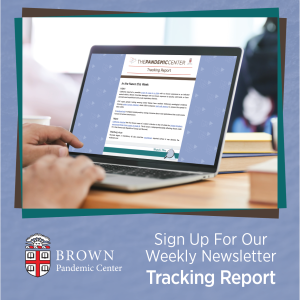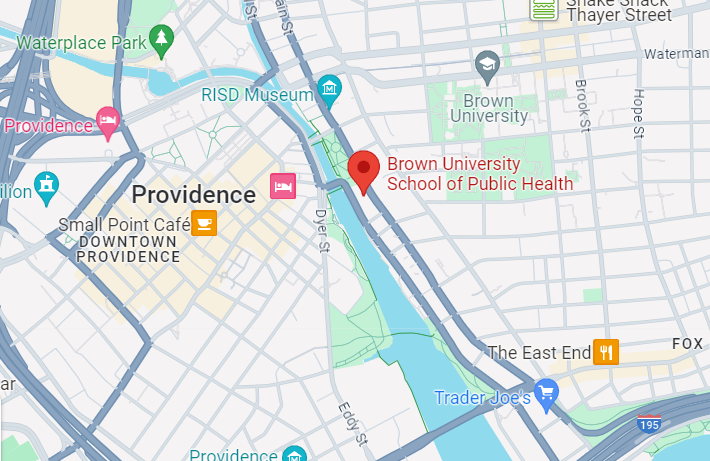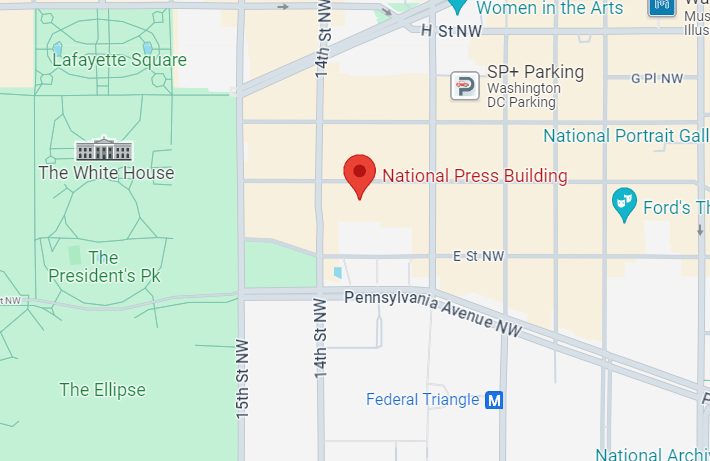We are in an age of pandemic threats.
COVID-19, the most consequential pandemic in a century, is not our last. The Pandemic Center is working to prevent, reduce vulnerabilities and increase resilience to pandemics, other biological emergencies, and the harms they pose to health, peace, security, and prosperity. The Pandemic Center is an independent and credible voice for positive disruption.
This Pandemic Center is uniquely positioned to work across disciplines and sectors to generate and analyze evidence, educate a new generation of leaders, and ensure this work is translated to effective policy and practice around the globe.


